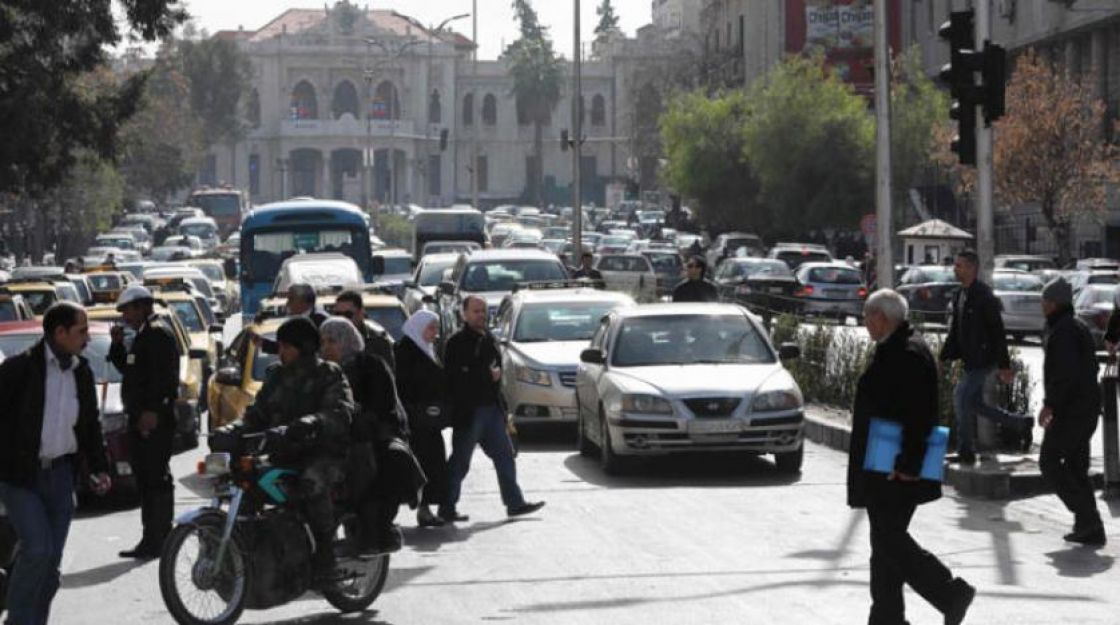- Articles
- Posted
According to “Caesar”, Education is not a Humanitarian Issue
It has been nearly six months since the so-called “Caesar Act” went into effect, and the living conditions of ordinary Syrians have deteriorated to catastrophic levels and more quickly over the last few months.
At the same time, the US and some of Caesar’s advocates – its Syrian advocates of course – continue to celebrate the law and Western-imposed sanctions in general. These “fans” of sanctions continue to defend them as not having harmful effects on civilians and their only proof is that the US and the West say so, because there are “humanitarian exemptions” to these sanctions, which are “smart” in that they are designed to not have much effect on civilians.
We have touched on this subject in a previous article (Humanitarian “Exemptions” to Economic Sanctions, Whatever That Means!), which looked specifically into the “humanitarian exemptions” of the Caesar Act, and how they shift the burden of proving the humanitarianism of “humanitarian assistance” to those who offer them, which pushes most organizations and providers to halt the assistance instead of taking a chance of being penalized for “violating” the Act.
Preply as an Example
In light of Coronavirus pandemic, the issue of distance learning (via the Internet) has become a major trend towards which various countries are pushing. In one way or another, distance learning has become one of the tools for dealing with the pandemic, which means that it should be exempt from sanctions for two reasons, and not one reason. On the one hand, it should be exempted as one of the tools for containing the pandemic, and on the other (and even before the pandemic), education is one of the basic humanitarian issues, and one of the human rights confirmed by various international laws, including the Human Rights Charter and the UN Charter.
Despite all of this, and despite appeals by the UN to Western countries to lift or reduce their sanctions in light of the Coronavirus, we continue to see flagrant examples of the reality of “humanitarian exemptions” that “Caesar” takes into account.
One US-based company, called Preply, which provides a remote educational platform, has prevented a Syrian citizen residing in Spain from using its platform, just because she is Syrian.

Among the reasons of rejection communicated by the company, and which also appears in its Terms of Service (there relevant part of which is shown above), is the following:
- In order to comply with US regulations, Preply is not allowed to partner with nationals from the following countries: Iran, Sudan, Crimea, Cuba, Syria, North Korea
The countries listed above are embargoed or sanctioned countries, and like the case with Syria, they are supposed to have some exemptions. At least in the case of Syria, we know and have heard US officials and Syrian fans boast about how the sanctions imposed on Syria ensure that civilians are not affected and include humanitarian exemptions. However, based on the above message, someone who is Syrian, even if not living in Syria can be denied a position to teach online based on sanctions imposed on Syria.



 Reem Issa
Reem Issa